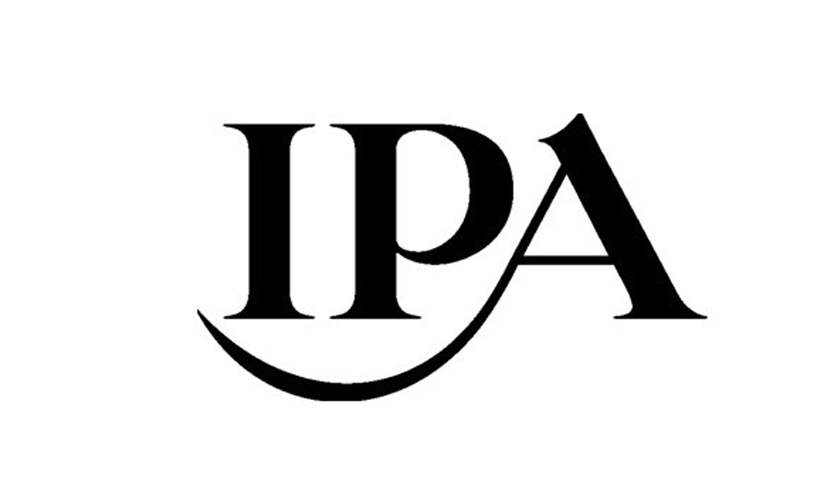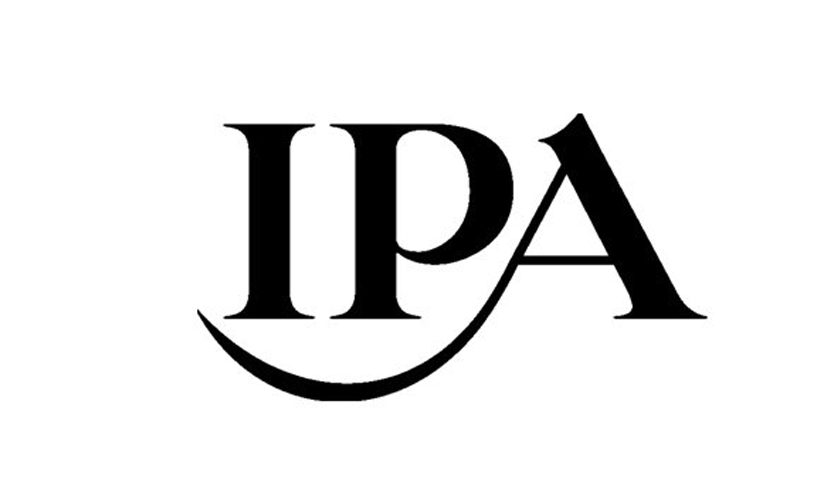Total UK marketing budgets have increased at the strongest rate since Q2 2017 according to the Q3 2021 IPA Bellwether Report as a final loosening of pandemic-related restrictions enabled a further march forward in the broader economic recovery.
Total marketing expenditure grew at the fastest pace since the second quarter of 2017, as a net balance of +12.8% of firms registered upward budget revisions in Q3 2021, from +6.0% in Q2. Approximately one-in-four Bellwether respondents recorded higher spending (25.6%), compared with 12.8% that observed budget cuts. The latest data marked the first time in three years that successive quarters of growth in overall marketing spend has been registered.
Many surveyed firms recognised the need to drive forward with marketing activity in the third quarter, with demand conditions bouncing back sharply and consumers looking to spend pent-up savings as lockdown measures were peeled back. The effectiveness of the UK’s vaccine programme was also a key pillar of support for businesses, and many firms expect its positive impact to continue.
That said, although upward revisions to total marketing budgets were strong, they still fell short of the growth firms initially had predicted for the 2021/22 financial year, where a net balance of +17.4% of firms anticipated expansion. Some surveyed companies were wary of lingering uncertainties, particularly around the trajectory of virus cases as we head into the winter period. Ongoing supply chain disruptions, which some firms mentioned had impacted their ability to carry out marketing campaigns, were also cited as a downside risk.
Revisions to marketing budgets by category
Main media advertising was the best-performing marketing category in the third quarter, with a net balance of +8.6% of firms recording upward budget revisions (from +1.3%), as more firms upped their spending on ‘big-ticket’ campaigns. Within main media, video (+12.6%, from +4.2%) was the main driver, followed by other online (+10.6%, from +11.0%) and audio (+6.0%, from +1.1%). Published brands returned to growth (+5.2%, from -6.1%), although out of home fell again (-2.0%, from -7.5%).
The remaining marketing categories were split between growth and contraction. Direct marketing was the next best performer, improving on the previous quarter (net balance of +5.6%, from +0.7%), while budgets reserved for sales promotions moved into expansion territory for the first time since the end of 2018 (net balance of +4.0%, from -0.7%). Meanwhile, market research registered marginal growth (net balance of +0.7%, from -9.6%). Events budgets remained under pressure as firms erred on the side of caution with regards to in-person marketing activity (net balance of -3.2%, from -24.7%), while PR (net balance of -1.8%, from +1.8%) and any other paid-for marketing budgets (net balance of -1.8%, from -2.5%) also fell.
Firms record strongest level of optimism regarding own-company finances since Q1 2015
There was a further increase in optimism among Bellwether panellists during the third quarter, with improved expectations for growth at both a company-specific and industry-wide level.
A net balance of +37.5% of firms (versus +34.6% previously) were more optimistic about the financial prospects for their own company, which was the most bullish Bellwether panellists had been about their businesses since the first quarter of 2015. Around 48% of firms expect stronger growth than they did three months ago, compared to just 11% who were less optimistic.
Regarding their wider industry, Bellwether panellists also shared a more positive outlook during the latest survey period. A net balance of +22.6% of companies had a more upbeat view compared to three months ago. Although an improvement since the previous survey (+21.1%), it was still below that seen in the opening quarter of the year (+26.2%), which was the highest since the third quarter of 2014.
Sharp adspend growth expected in 2021 and 2022 as UK economic recovery continues
The UK’s recovery from the COVID-19 pandemic has been much faster than the Bellwether Report predicted this time last year, in part thanks to the success of the vaccination roll-out, but also owing to the positive impact the furlough scheme has had on keeping a cap on the unemployment rate, which has contributed positively to strong levels of demand for UK goods and services.
Bellwether author IHS Markit has revised its GDP growth forecasts for 2021 and 2022 higher since the last Bellwether survey, to 6.6% and 5.1% respectively, from 6.0% and 5.0% given the pace at which consumer spending has bounced back, with the UK’s impressive uptake of the vaccine supporting this. These factors will continue to facilitate the recovery to pre-pandemic levels of economic activity, and as such, the Bellwether Report anticipates strong adspend growth of 6.6% and 6.2% in 2021 and 2022 respectively to accompany the strong economic expansion.
Beyond the near-term, IHS Markit expects rates of growth in both GDP and adspend to normalise from 2023 onwards. The forecasts for 2023, 2024 and 2025 stand at 2.4%, 1.7% and 2.9% respectively. While the Bellwether adspend forecast for 2023 has been revised slightly lower (from 2.7%), 2024 and 2025 have been lifted up slightly (from 1.2% and 2.4% respectively). As already mentioned, growth is very likely to slow in 2023 as IHS Markit expects pandemic-related losses to GDP to be fully recouped no later than mid-2022, while tax burdens are also set to rise in 2023, which will adversely impact domestic spending.
Commenting on the latest survey:
Paul Bainsfair, IPA Director General:
“While we welcome the re-opening of global economies, it has brought with it various new challenges, particularly on the supply side. And there were widespread concerns among Bellwether panellists that supply shortages and issues with transport could hinder their business operations, and also impact their sales performances as many firms pass on these higher costs to their own selling prices. Having said this, we welcome the figures that reveal, in spite of this, advertisers are making the most of the overall economic uptick and are seizing the opportunity to invest in their brands.
It is particularly good to see that companies are investing more in main media ‘big ticket’ campaigns, with these budgets revised up to the greatest extent since Q2 2017. As the evidence shows, investing in long-term brand-building media is paramount to a brand’s long-term success.
Joe Hayes, Senior Economist at IHS Markit and author of the Bellwether Report:
“The UK economy’s performance over the third quarter has been remarkably positive, helped by the progressive loosening of containment measures and a successful vaccination programme. We couldn’t have imagined such a fast recovery in economic activity earlier in the year when lockdown measures were at their most stringent. We’re expecting UK GDP to have recouped all pandemic-related losses by no later than mid-2022, and Bellwether panellists have provided us with even more evidence that firms are working hard to re-grow their businesses, with one-in-four upwardly revising their total marketing budgets. As we said last time, we hope this is just the beginning, and businesses continue with their aggressive growth plans to keep momentum moving as the post-lockdown growth boom peters out.”
Patrick Reid, Group CEO, Imagination:
“This Bellwether report shows that despite the challenges still facing the UK (and global) economy, businesses are investing in their brands with marketing expenditure growing at the fastest rate since Q2 2017. As we come out of the pandemic, consumers are craving high quality, meaningful, face-to-face interactions and brands recognise a greater level of connection can be achieved through world-class, personalised, in-person experiences. We’re seeing renewed investment from progressive clients and a pipeline of activity building across the board.”
Amy Lawrence, Digital Director, MediaCom & Chair of the IPA Digital Marketing Group:
“Although we have seen confidence grow throughout 2021, it is exciting to see this cemented in this quarter’s report with budgets revised to the greatest extent in over 4 years. Thanks to the challenges of the last 18 months, digital budgets have continued to increase and it is heartening to see video budgets increasing the most within main media – indicating a greater focus on brand building alongside performance and ecommerce, which look set to remain strong. 2022 looks set to be a good year!”
David Fletcher, Chief Data Officer, Wavemaker UK:
“The first upward revision in six years will be warmly received by all researchers. It tangibly indicates advertisers’ needs for mapping out post-pandemic opportunities for growth which is welcome news across the marketing spectrum.”
Valerie Ludlow, CEO, ASG & Partners and IPA Chair for Northern Ireland:
“It is positive to note that Northern Ireland’s marketing spend reflects the wider positive trends across the UK. While the region has been slower to ease coronavirus restrictions, there are signs of the economy expanding as more tenders are underway, and many local agencies are recruiting. We expect the initial boost to marketing confidence, generated by increased consumer spending, to continue into early Q4 for several key sectors, including retail and entertainment, because of the Northern Ireland High Street Recovery Voucher launch. However, businesses have begun to encounter disruption within their supply chains, which have been exacerbated by the NI protocol.”
David Shearer, Managing Partner, MediaCom Edinburgh and IPA Chair for Scotland:
“Well, firstly, I’m going to be optimistic and welcome wholeheartedly the strong growth in UK marketing budgets in the third quarter of 2021 fuelled by the effectiveness of the country’s vaccine programme and the subsequent easing of lockdown measures. I’ve certainly experienced clients recognising the need to drive forward in the newly burgeoning economy and hope this will continue to manifest itself in the reality of more ‘big-ticket’ media campaigns. However, it would ill-judged to ignore some looming headwinds – spiralling energy prices; supply chain disruption; winter ‘flu & virus levels; scarcity of labour – which could easily derail this positive news. Best be canny out there!”
Richard Aldiss, MD, McCann Manchester and IPA City Head for Manchester and the North West:
It is encouraging to hear the overall positive sentiment that runs throughout the Q3 Bellwether Report. News that marketing budgets are increasing at their strongest rate since the first half of 2017 is of course welcome news and reaffirms the importance of how we measure advertising effectiveness.
With consumer demand brimming, a successful vaccine roll out and life resembling former normality in parts, plus the opportunities our new lifestyles have commanded, we are optimistic as we look forward to Christmas and 2022.
Positive forecasts are of course welcoming but, the last 19 months have taught us that consumer behaviour can shift quickly.
We have seen just how rapidly factors such as supply chain issues, Covid and Brexit can determine a seismic change. As an industry, we need to be able to respond quickly, tactfully, and creatively for our clients to exceed the expectations of the reimagined consumer. Agility is a superpower we all need.


